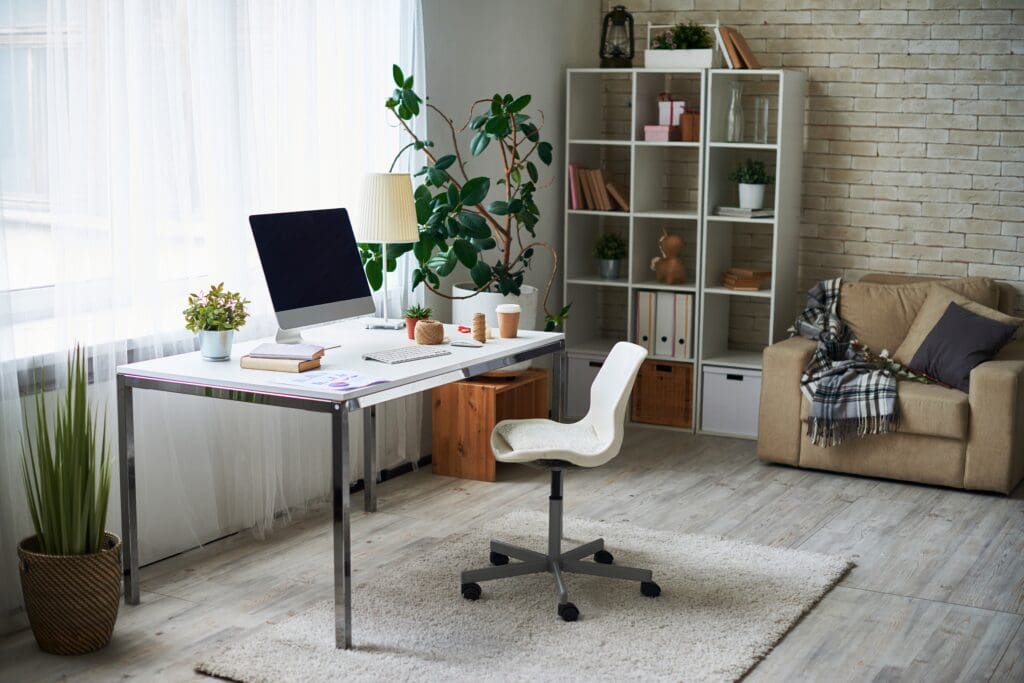In recent years, the landscape of work has undergone a remarkable transformation, giving rise to remote work as a dominant trend. This shift has not only changed the way we work but has also significantly impacted various aspects of our lives, including how we make decisions about buying homes. In this article, we delve into the growing influence of remote work on home buying decisions and its implications for the real estate market.
The Rise of Remote Work and Its Impact
The concept of remote work is no longer just a novelty; it has become a fundamental aspect of many professionals’ lives. The freedom and flexibility that remote work offers have led to a surge in demand for homes that accommodate this lifestyle change. As more companies embrace telecommuting and remote job opportunities, individuals and families are rethinking their priorities when it comes to home buying.
Virtual Commuting and Location Independence

One of the key drivers behind the influence of remote work on home buying decisions is the rise of virtual commuting. The traditional idea of a long daily commute is being replaced by the ability to work from anywhere. This shift has led to a reevaluation of the importance of living close to the workplace. As a result, individuals are expanding their home search to areas that were once considered distant and impractical due to commuting constraints.
Reshaping the Housing Market
The convergence of remote work and home buying decisions has caused a ripple effect in the housing market. Suburban and rural areas are witnessing increased interest as individuals prioritize space, affordability, and a more relaxed lifestyle. This shift has the potential to revitalize housing markets in areas that were previously overshadowed by urban centers. Real estate developers are now focusing on creating communities that cater to remote workers, offering amenities that support both work and leisure.
The Demand for Home Offices

Another significant impact of remote work is the growing demand for dedicated home office spaces. The home office is no longer just a nice-to-have; it has become an essential feature for remote workers. Home buyers are actively seeking properties that offer functional and well-designed spaces that can accommodate their professional needs. This trend has prompted architects and designers to rethink home layouts to cater to the needs of remote workers. Sellers planning on selling their homes would benefit from showcasing areas that can be used as a functioning home office.
The convergence of remote work and home buying decisions has caused a ripple effect in the housing market. Suburban and rural areas are witnessing increased interest as individuals prioritize space, affordability, and a more relaxed lifestyle. This shift has the potential to revitalize housing markets in areas that were previously overshadowed by urban centers. Real estate developers are now focusing on creating communities that cater to remote workers, offering amenities that support both work and leisure.
Adapting to Change
As remote work continues to shape the way we live and work, it’s important for home buyers and sellers, to adapt to this evolving landscape. For buyers, this means considering factors beyond traditional location, such as internet connectivity, home office potential, and community offerings. Sellers can enhance their property’s appeal by showcasing its suitability for remote work.
The rise of remote work has ushered in a new era of home buying decisions. With virtual commuting, the demand for home offices, and the reimagining of housing preferences, the real estate market is undergoing a transformative period. Whether you’re a buyer searching for the perfect home or a seller listing their home for sale, embracing these shifts will be key to success.
#RemoteWork #HomeBuying #VirtualCommuting #RealEstate #WorkFromHome #HousingMarket #HomeOffice #LocationIndependence
